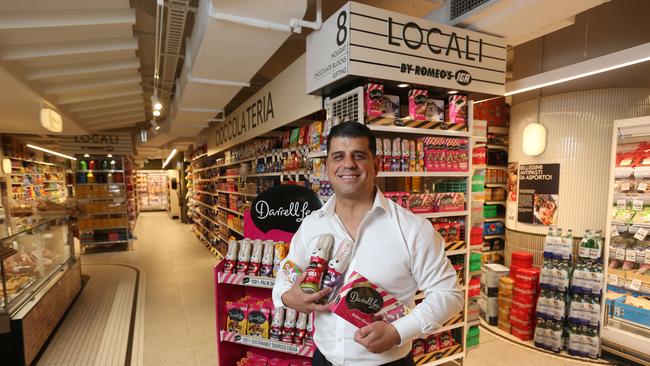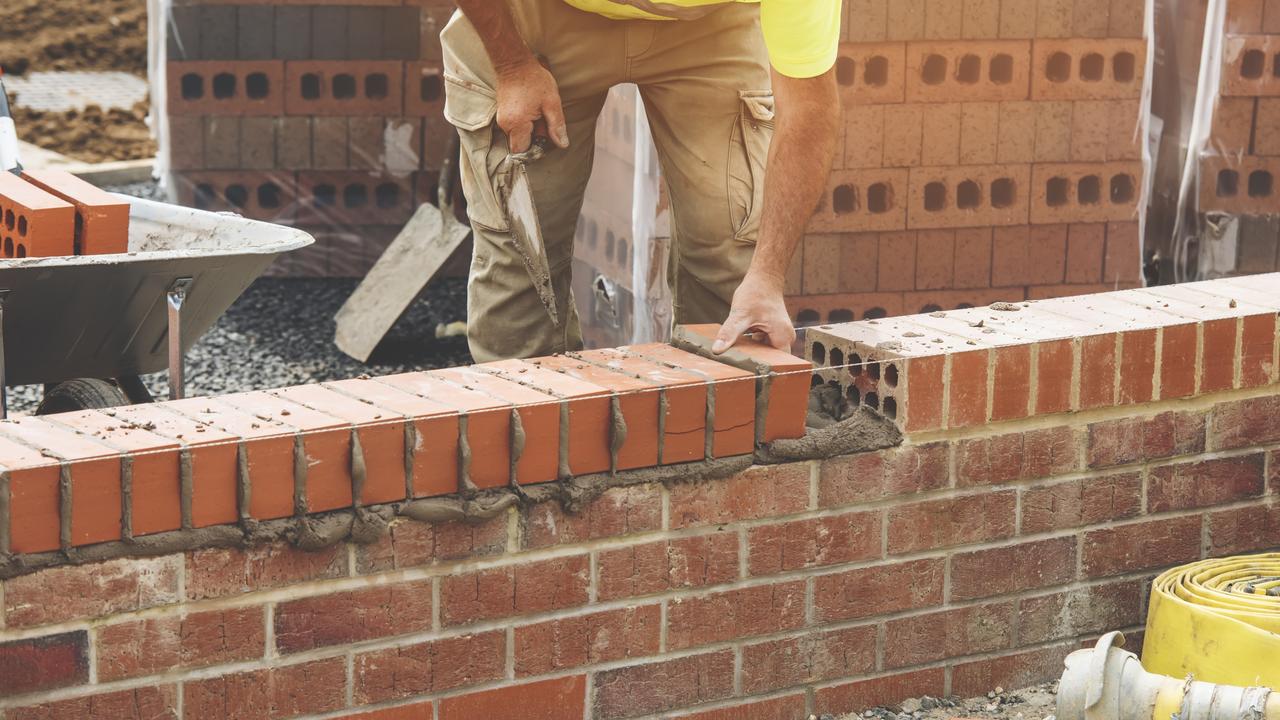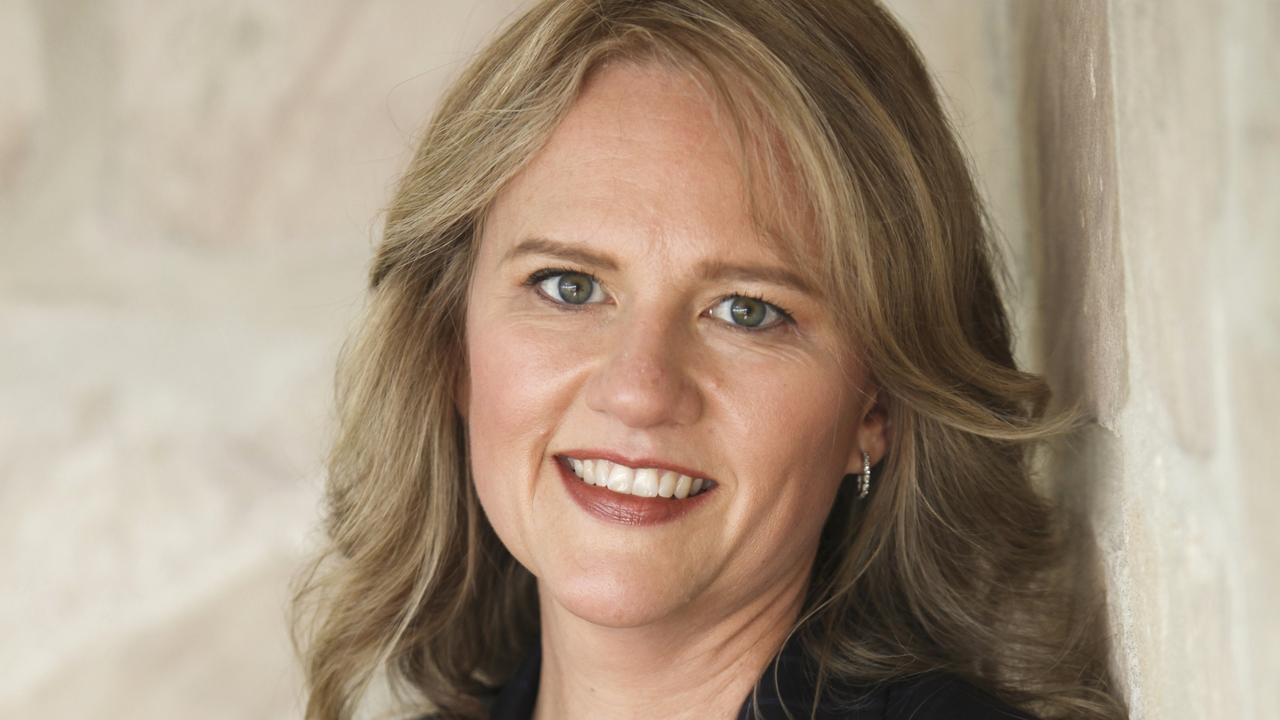
Cocoa costs may have been leaping along faster than the Easter Bunny on his Sunday morning delivery run, but the boss of Darrell Lea owner RiteBite Group says spending in Australia on Easter Eggs remains on the rise.
Quadrant Private Equity’s RiteBite Group started in 2018 with the iconic Darrell Lea confectionery brand known for its liquorice, chocolate bullets, All Sorts and Rocklea Road, then expanded with acquisitions of brands such as RJs and Lifesavers, and has been run by James Ajaka since 2020.
Mr Ajaka, who previously ran Allied Pinnacle until 2019, says the greatest challenge for the industry has been rising cocoa costs, which have increased 220 per cent for the past two years.
“That’s a key ingredient for our business. That has forced us to manage that really carefully,” he says.
The Wall Street Journal reported on Tuesday that cocoa futures topped $US10,000 a metric ton for the first time ever as major West African producers like Ghana and Ivory Coast have reported lacklustre harvests due to bad weather and crop disease.
Mr Ajaka says the industry as a whole has responded through price rises, ranging from 5 to 11 per cent in that two year time frame.
Still, he says Darrell Lea Easter Egg sales are up 15 per cent year-on-year as the company expands deeper into the gifting category, but also, as consumers spend more on chocolate at Easter time.
“The data would suggest the category is growing,” Mr Ajaka says.
“There are more opportunities for snacking and socialising and unashamedly, the confectionery segment is for celebrating, commiserating, socialising and well being.”
Another trend playing out in the chocolate segment is a tightening up in discretionary spending, which has made value for money a focus in confectionery.
“We are trying to balance those things.”
In Australia, Easter accounts for $300m of chocolate sales annually, which equates to about 15 per cent of all chocolate sales annually.
Darrell Lea has looked to capitalise on the event by playing to the brand’s strengths – innovating its highly popular Rocklea Road, nougat milk chocolate and speckled chocolate products to create Easter Egg and Easter Bunny versions.
It’s also marketing its products through the support of philanthropic causes, such as donating a portion of sales to ovarian cancer research or the conservation of the Bilby population.
From a supermarket perspective, Darrell Lea entered the Easter segment about three to four years ago and plans to more deeply penetrate the gifting market, taking on category heavyweights like Lindt.
Yet while brands like Cadburys and Mars may be giants of the chocolate world, Darrell Lea’s strategy is sticking to its core area of focus, Mr Ajaka says, rather than competing head-to-head with the dominant category players.
“All of my experience in Fast Moving Consumer Goods and confectionery, it is all about focusing on what we are great at. I would like to think we are the best in the world at soft eating liquorice, Rocklea Road, Fruit Tingles, All Sorts…”
Darrell Lea was a family business founded in 1927 and has since built credibility with its rocky road and liquorice product segments.
“The more we focus on those segments and innovate around those segments, the more successful our business has become.”
Sydney-based Quadrant bought Darrell Lea in 2018, from the Quinn family for about $200m before creating the RiteBite Group the next year.
The business had collapsed in 2012 after earlier having hundreds of retail stores across Australia, and the Quinn family, founder of VIP Petfoods, bought it out of administration, reportedly for about $25m.
Market observers are watching Quadrant’s next move closely, with an initial public offering or a sale anticipated in future.
Yet perhaps Quadrant believes more earnings growth is still to come before a sale is on the agenda.
RiteBite plans to start selling smaller Darrell Lea chocolate bars, rather than just large blocks.
It may move into the hot chocolate category, re-open speciality stores in key CBD locations as it had in the past, such as Sydney’s George St, Rundle Mall in Adelaide and Collins St in Melbourne, as it continues to target the US market sand soft sweets category as key areas of growth.
The company is also in talks with Asian supermarkets about an entry, while its products are sold at some locations in the United Kingdom and Canada.
Much of what determines product development centres on data.
“Tastes are changing. Consumers are always looking for something new,” Mr Ajaka says.
“The big stable products remain but Lifesavers three years ago was doing $5m in sales annually and now is doing $80m in sales annually.”
He says the sensory experience has become important, particularly with social media and sharing.
“We want to try things that are new.”
The business was already moving from a wholly retail business into supermarkets and offshore, but Quadrant has invested close to $100m in capability and capacity to compete globally, doubling its capacity in soft candies, bullets and bites, and increasing the chocolate block segment and for gifting at events such as Easter and Mother’s and Father’s Day.
It’s now on track to surpass $100m of sales in the United States out of $500m of sales across the group, and those overall sales have doubled in five years.
Sales in New Zealand are at $80m.
“We have tripled our American business in the last two years, and we have almost doubled our NZ business in the last three years and we have doubled our Australian business in the last five years,” Mr Ajaka says.




To join the conversation, please log in. Don't have an account? Register
Join the conversation, you are commenting as Logout